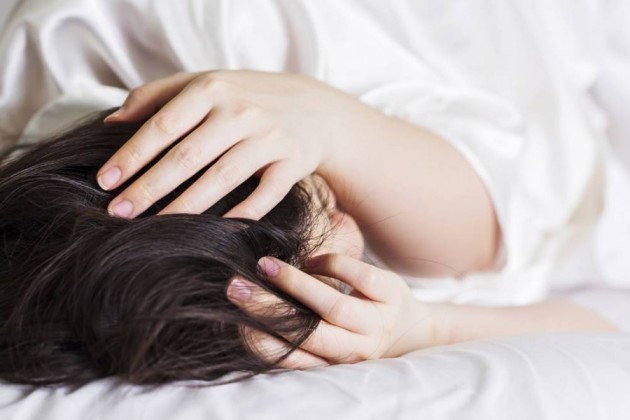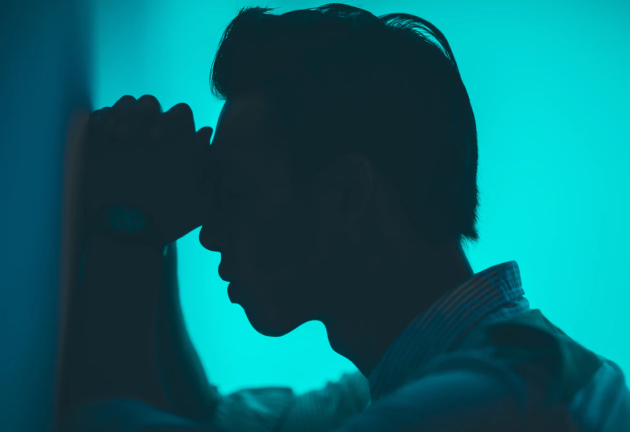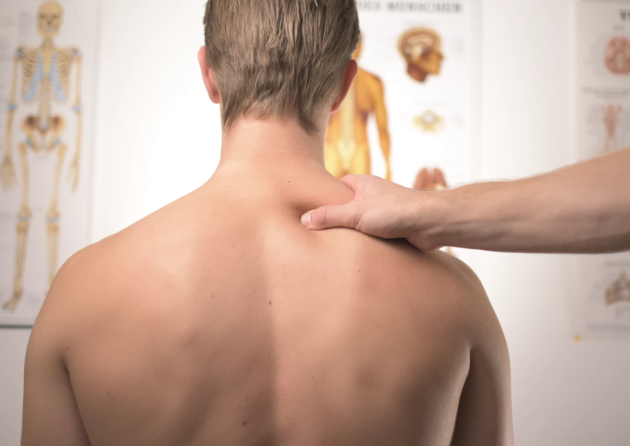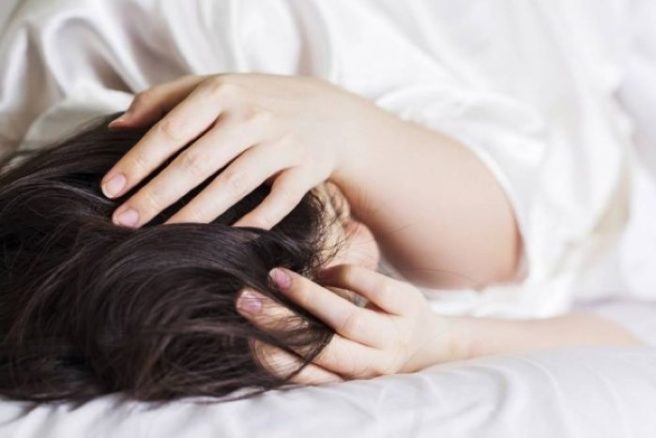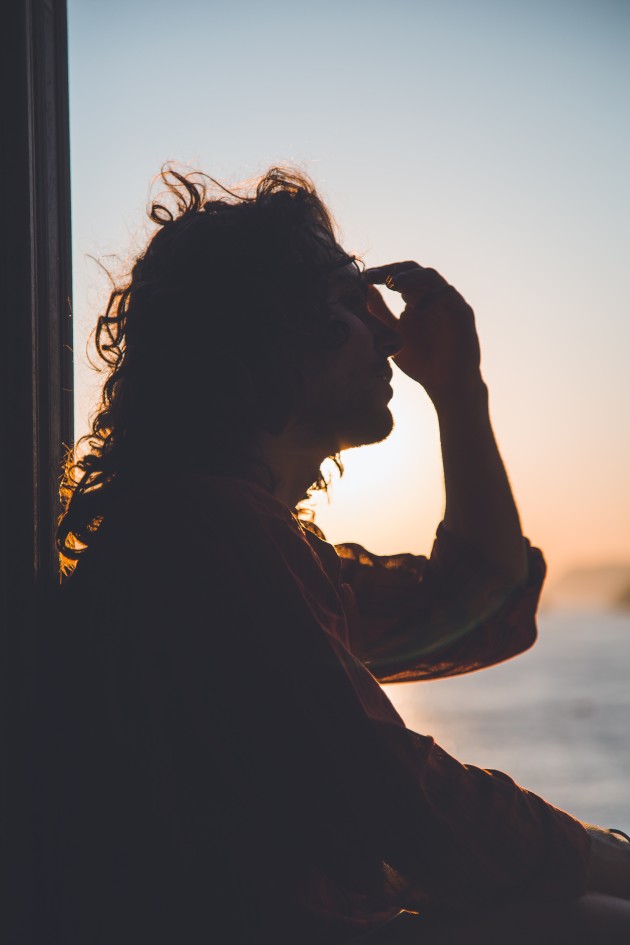The newly published results of a survey on Irish people with frequent and severe migraine attacks reveal the condition is having a significant negative impact on their lives, including damaging their career progression and earnings. Migraine is Ireland’s fifth leading cause of disability, affecting almost one in eight people. While it affects people of all ages and genders it is three times more common in women than men.
Despite its high prevalence, migraine remains a misunderstood and under-managed condition. This survey, which focusses on the small section of the population who have at least four migraines per month, was part of a global patient study undertaken by Novartis in partnership with the European Migraine and Health Alliance in 36 countries, to establish how frequent and severe migraine affects daily life. The Irish results are contained in a new report, My Migraine Voice, which was launched in Cork today.
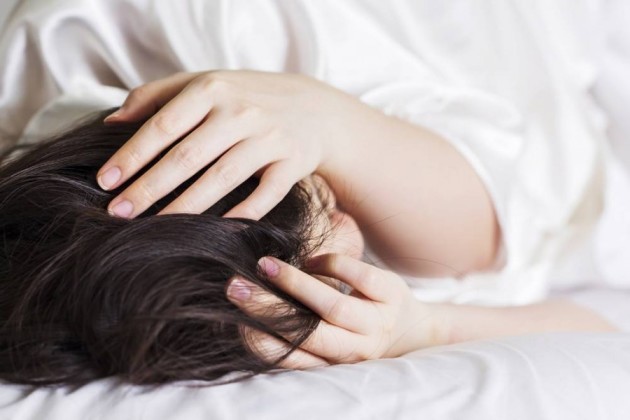
Most (84 percent) of the respondents in the Irish arm of the survey who are in full or part-time employment or self-employed said that their migraine has negatively impacted their professional life. Some 15 percent said it has caused them to change jobs, while 13 percent changed their profession or career path due to their condition while more than one in ten (12 percent) actually lost their job because of their condition. Furthermore, many sufferers are not in receipt of sick pay for their migraine, creating financial repercussions beyond the patient and their family, in terms of lost productivity and absenteeism. Unsurprisingly, 89 percent said they fear their next migraine attack.
While most (75 percent) said their employers were aware of their condition, recognition of their condition is often poor with less than one in three saying their employer offered them any support. Issues emerge with colleagues too. Over a third (36 percent) felt judged for taking days off work with a quarter of respondents in employment saying their colleagues do not understand their migraine. A small but significant minority (8 percent) confessed to being bullied at work due to their condition.
Dr Eddie O’Sullivan, General Practitioner and Director of the Migraine Clinic at Cork University Hospital, who presented the survey results, believes that the severity of migraine and its wider impact is often misunderstood and frequently dismissed. He highlighted the high level of medical resources that are used to support and treat people with frequent and severe migraine. “While GPs like myself are most frequently visited, this group saw a neurologist an average of four times a year. Moreover, nearly a third (31percent) had to attend Accident and Emergency Departments while almost a quarter (23 percent) needed to be hospitalised due to a migraine attack. With new developments in migraine, I would hope that this will change and migraine can be better managed in the community, at Primary Care level.”
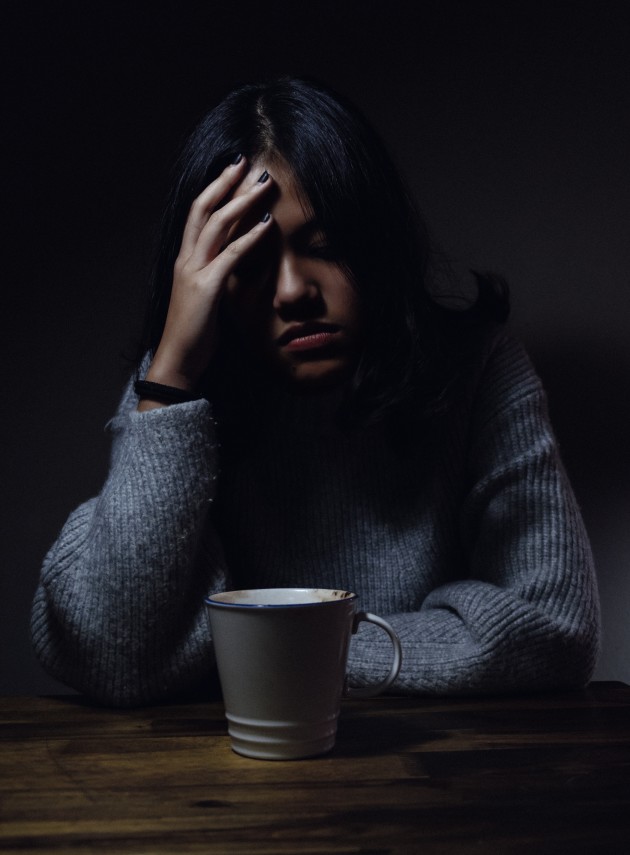
Patrick Little CEO, Migraine Association of Ireland, echoed this view. “The findings suggest a worrying inability to support and treat migraine sufferers adequately, which is particularly alarming when one considers that this is a condition that the World Health Organisation has recognised as the fourth leading cause of disability in women worldwide.”
Launching the report yesterday evening, Deputy Michael McGrath said that despite the severity of the condition, a large number of people with frequent migraine continue to work. “Yet this report really drives home the negative impact migraine is having on their professional careers. It highlights the daily struggles that they face, the career paths that have changed or stalled completely and the jobs that have been lost, all of which point to the huge personal and financial burden that comes with this painful condition.“
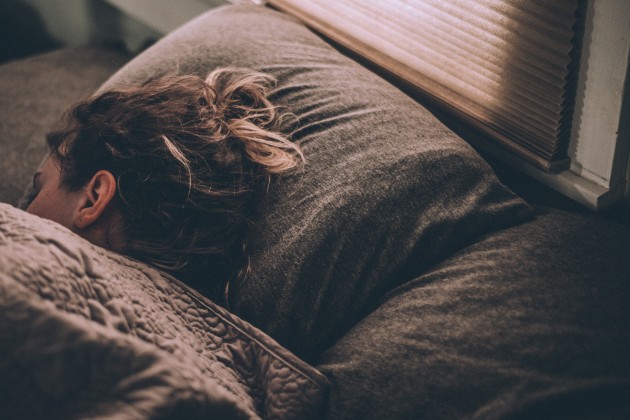
Other results from the survey include:
- Most Irish patients (89 percent) with frequent or severe migraine spend long periods in darkness or isolation, on average 32 hours per month.
- 89 percent of those with frequent or severe migraine are taking a preventative treatment. However most of the treatments are not actually licenced for migraine
- For 73 percent, each attack last more than a day, with 20 percent saying their attacks lasted up to three days.
- 71 percent said that migraine interfered substantially in their daily lives with 94 percent cancelling plans in the previous month due to migraine attacks.
For full details of the survey, My Migraine Voice, visit www.novartis.ie

